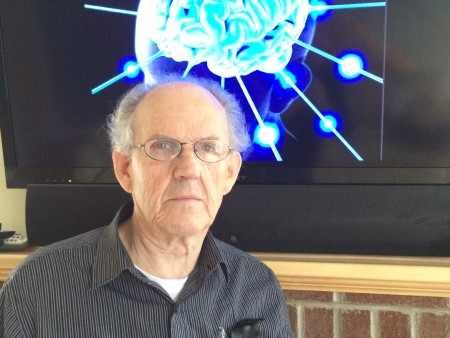The Rosenberg Clinic’s staff will offer assessment and assistance with prevention and intervention for people with psychosis. The service can be performed locally or at the patient’s current hospital if they are too ill to travel.
Definition
Pyschosis ( which comes from the Greek ψυχή psyche, “mind/soul”, and -ωσις -osis, “abnormal condition or derangement”) refers to an abnormal condition of the mind and is a generic psychiatric term for a mental state, which is often described as involving a “loss of contact with reality”. People suffering from psychosis are described as psychotic.
Psychosis (as a sign of a psychiatric disorder) is a diagnosis of exclusion. That is, a new-onset episode of psychosis is not considered a symptom of a psychiatric disorder until other relevant and known causes of psychosis are properly excluded. Medical and biological laboratory tests should exclude central nervous system diseases and injuries, diseases and injuries of other organs, psychoactive substances, toxins, and prescribed medications as causes of symptoms of psychosis before any psychiatric illness can be diagnosed. In medical training, psychosis as a sign of an illness, which is often compared to fevers, since both of these conditions can have multiple causes that are not readily apparent.
The term “psychosis” is very broad and can mean anything from relatively normal aberrant experiences to complex and catatonic expressions of schizophrenia and bipolar type 1 disorder. In properly diagnosed psychiatric disorders (where other causes have been excluded by extensive medical and biological laboratory tests), psychosis is a descriptive term for the hallucinations and delusions, which sometimes includes violence toward others or one’s self. Also, impaired views of reality may occur. The term psychosis is generally assigned to anybody who has noticeable deficits in normal behavior (negative signs) and more commonly to to those who have hallucinations or delusional beliefs (e.g. grandiosity or delusions of persecution).
An excess in dopaminergic signalling is hypothesized to be linked to the positive symptoms of psychosis, especially those who are suffering from schizophrenia. However, this hypothesis has not been definitively supported. The Dopaminergic Mechanism is thought to involve the aberrant salience of environmental stimuli. Many anti-psychotic drugs target the Dopamine System; however, meta-analyses of placebo-controlled trials of these drugs show either no significant difference in effects between drugs and placebos – which suggests that the pathophysiology of psychosis is much more complex than an overactive Dopamine System.
People experiencing psychosis may exhibit some personality changes and thought disorder. Depending on its severity, this may be accompanied by unusual or bizarre behavior, as well as, difficulty with social interaction and impairment in carrying out daily life activities.
Source: Wikipedia

